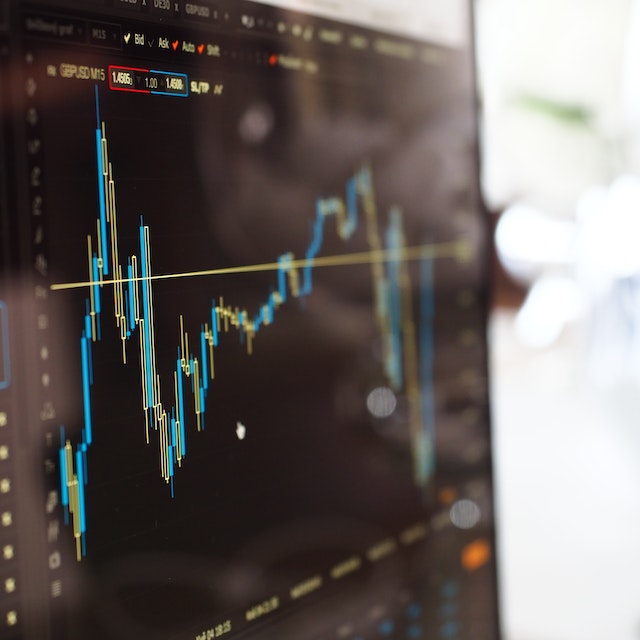Difference between data analytics and data scientist
Post Date:
Business Coding Data
Two roles often stand out in the realm of data-driven fields: data analysts and data scientists. While these roles share some similarities, they are distinct in their focus, skill sets, and responsibilities.
Data analysts primarily deal with the examination of data to extract meaningful insights. They concentrate on organising, cleaning, and visualising data to identify trends, patterns, and anomalies. Data analysts employ statistical techniques and data visualisation tools to give stakeholders actionable insights. Their work is typically centred on answering specific questions or addressing predefined problems.
In contrast, data scientists encompass a broader scope of responsibilities. They are involved in the entire data lifecycle, from data collection and cleaning to analysis and model development. Data scientists possess advanced machine learning and artificial intelligence skills, allowing them to build predictive models and algorithms. They are often tasked with creating innovative solutions and uncovering new opportunities within the data. While data analysts answer specific questions, data scientists formulate them themselves and design experiments to find answers.
Another distinction lies in the depth of technical knowledge and programming skills required for each role. Data analysts typically use tools like Excel, SQL, and data visualisation software to perform their tasks. While some level of programming might be necessary, it is less central to their role than it is for data scientists. On the other hand, data scientists are proficient in programming languages like Python or R and work extensively with machine learning libraries and deep learning frameworks.
The objectives of these roles also differ. Data analysts aim to provide descriptive and diagnostic insights, explaining what happened and why. They help businesses make informed decisions based on past and current data. On the other hand, data scientists focus on predictive and prescriptive analytics. They build models to forecast trends and recommend actions to achieve desired outcomes. Data scientists play a more strategic role in shaping an organisation's long-term data strategy.
Furthermore, data analysts usually work closely with business stakeholders, translating data insights into actionable strategies. They act as a bridge between technical and non-technical teams. While collaborating with business stakeholders, data scientists tend to work more independently on complex data projects, often requiring a deep understanding of data engineering and infrastructure.
In summary, while data analysts and data scientists play crucial roles in the world of data, they have distinct differences. Data analysts focus on examining data to provide insights for informed decision-making, whereas data scientists take a more holistic approach, encompassing data collection, modelling, and strategic planning. These roles require different skill sets and serve varying purposes within organisations, collectively contributing to the ever-evolving field of data science.
Last Update: Sept. 11, 2023, 12:28 p.m.


